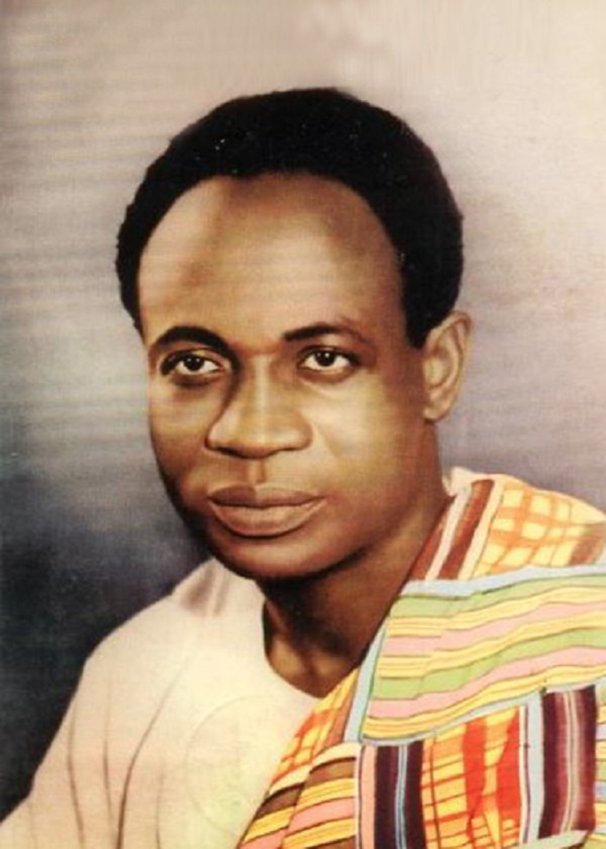
Dr. Joseph Obeng, GUTA President

The Ghana Union of Traders Association (GUTA) has stressed the need for relevant investment laws in the country and within the industry space to spur an effective and timeous economic rebound.
In an interview with the Daily Statesman yesterday, President of GUTA, Dr Joseph Obeng, said it is time for government to apply the country’s investment laws to contain and guide importation and foreigners, particularly through retaining funds, rather than expatriating them to their countries.
Dr Obeng further advocated that some retention policies be made where some of the juiciest areas of the economy such as gold, oil, among others, should be in the hands of Ghanaians.
He urged government to take conscious efforts to invest in some of these juiciest areas under public-private partnerships in ensuring a retention policy of about 40%.
“It shouldn’t just happen that they come and set up their businesses and change the money and repatriate it to the detriment of Ghana’s economy. Since these foreigners are big, and represent the manufacturers, if we are making these expatriates engage in trade, then we should also make it mandatory for them to provide foreign exchange to import rather than solicit funds from our central bank,” he stressed.
Laws, regulations
He said every country has laws and regulations which cover investments by foreigners, adding “these laws are specific on trade and businesses that foreigners can engage in and those to be handled exclusively by the citizens”.
“Our share of the total importation that we do locally is about 20%, and the remaining is done by the expatriates. Use investment laws on these foreigners so that Ghana’s build-back agenda is realised,” he reiterated.
This, he according to him, will help reduce the pressure on the cedi. He bemoaned the fact that most multinational firms repatriate their earnings annually, a situation which affects the local currency.
He also argued that while some of the foreign firms and traders are importing huge products into the country, “they do not even keep half of the proceeds here in Ghana”.
“Foreigners are doing about 85% of the imports into this country. At the end of the day, this poses a threat to our foreign reserve as they equally take all the profits out of the country”. This also has to do with our investment laws, which need to be applied to check importation,” he added
In his view, the full implementation of such a policy had helped tremendously in the socio-economic development of many countries of the world, especially in Europe and Asia.
He said there are serious implications of the influx of foreign businesses, which had registered as distributors of goods, but shifted into the retail sector.
Dr Obeng said this had led to low sales by Ghanaians because the goods of these foreigners are cheaper.
Local productivity
The GUTA President said enhancing local productivity is the surest way to develop the economy. “It is also a long-term approach of increasing local productivity, especially the trade businesses, be it agricultural sector and others. Government may then use such investment earnings to industrialise, by adding value to the produce,” he noted.
He stressed that it is the only way to meet the rising local demand for goods and services, and increase exports to earn the needed foreign exchange.
“Self-sufficiency is the way to go. If we’re able to be self-sufficient, there won’t be the need to travel outside to go and buy anything because you’ve to go through strenuous hustle. But truth is, we are not self-sufficient in anything here. And now government wants to enhance the productivity of certain commodities like rice, oil…,” he said.
He suggested that government stipulates timelines for such programmes, as are being proposed by GUTA because until “we have achieved self-sufficiency and we’ve been able to enhance productivity and procure things from within, without surcharging the consuming public, its success won’t materialise”.
Partisan politics
With political parties lacing up boots for the 2024 general elections, he called on members of the association to desist from partisan politics.
GUTA, according to him, is a purely private sector organisation committed to championing the interests of traders, irrespective of the government in power.
“We do not tolerate any acts of partisan politics. We collaborate with every government of the day in a fair and competitive manner towards nation building. We shall continue to do so with mutual trust and respect as a private sector organisation,” he stated.






